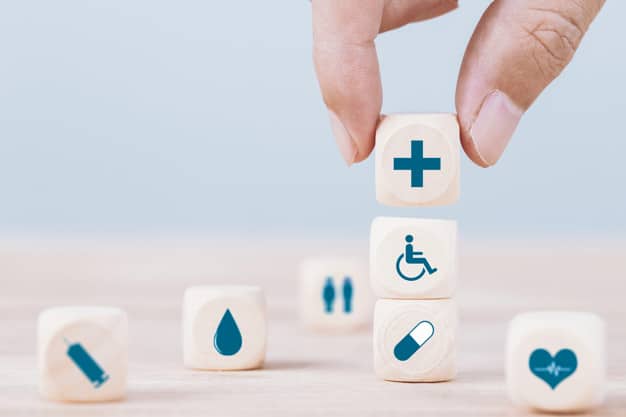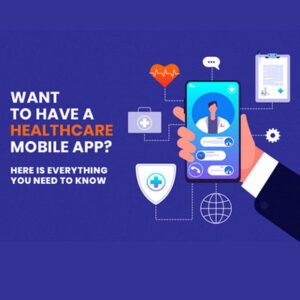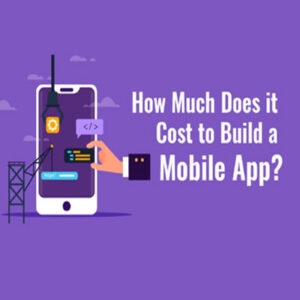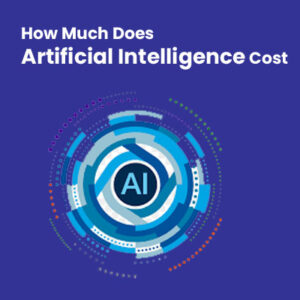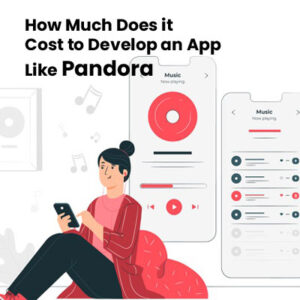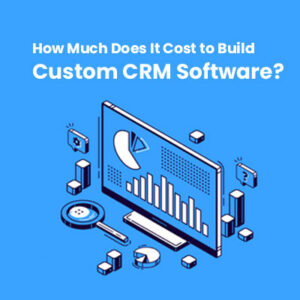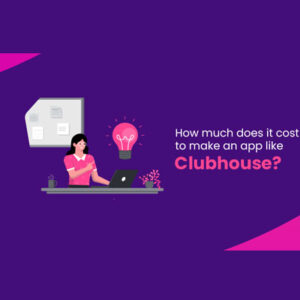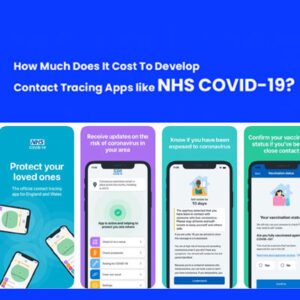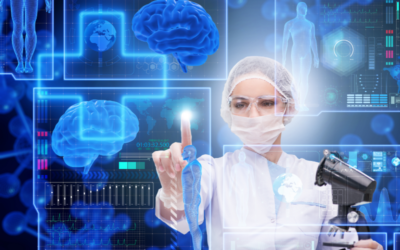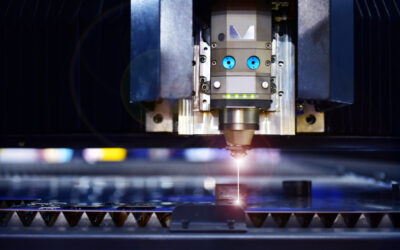Top 10 Ways Machine Learning Is Redefining Healthcare
Applications of machine learning in healthcare
Machine Learning (ML) is a significant application of Artificial Intelligence. As we discussed in our ML blog category, applications of machine learning in healthcare learn from previous experiences or data, identifies patterns, and forecast future events.
These predictions add value to businesses. This was the major reason behind the increased demand for ML techniques. Several industries are using ML in their multiple applications for various purposes.
It’s a globally known fact that the digital world is making data accessible in a simple way. The vast amount of data is collecting, storing, and processing easily using intelligent technologies. On top of this, increasing the computing efficiency of innovative technologies made data profitable for businesses.
In addition, processing toolkits, open-source frameworks, and immense libraries are all available at affordable prices, and thus, building and executing ML applications is growing worldwide.
Though ML is giving lucrative benefits to industries, its impact in the healthcare industry is unbelievable. Machine learning in healthcare leads to some thrilling developments in oncology. Diagnosis of cancer and providing accurate treatment at the right time will become more feasible in the coming years with ML.
Machine learning algorithms the sensitivity-level of diagnosis, and helps physicians to make the right decisions to provide value-added treatments. Therefore, ML-based machines assist healthcare service providers to offer personalized treatment experience to their patients.
Yes, this reinforcement learning can also improve employee productivity in hospitals. Of course, the applications and uses of ML in the healthcare sector are infinite. In this blog, we briefed a few major uses cases of Machine learning algorithms in healthcare. Let’s start!
#1 Disease Detection
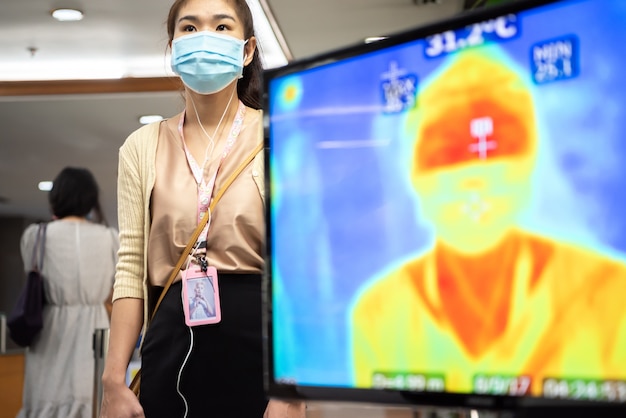
Healthcare machines are overloaded with increasing usage. This was primarily due to a growing population and with the same proportion of increasing diseases. The machines are continuously working to identify the diseases of the patients.
However, traditional machines are not capable of doing this efficiently. But, machine learning models can detect diseases with more accuracy at less time. It’s a proven fact!
Researchers have been still working on exploring machine learning in the healthcare sector. They are continuing their innovation in developing more efficient models of machine learning. Currently, machine learning methods help doctors in the early detection of diseases before the disease reaches to severe level.
The global leading technology companies are developing neural network artificial intelligence systems for accurate detection of difficult respiratory disorders. These machines, in connection with the IoT-based sensors, can precisely analyze respiratory problems and avoid risks and hospitalizations.
Nowadays, new deep learning-based disease prediction methods efficiently identify cancer in early stages. These models are trained with the patient’s medical records to detect irregular patterns that cannot be observed by human physicians.
#2 Robotic Surgery
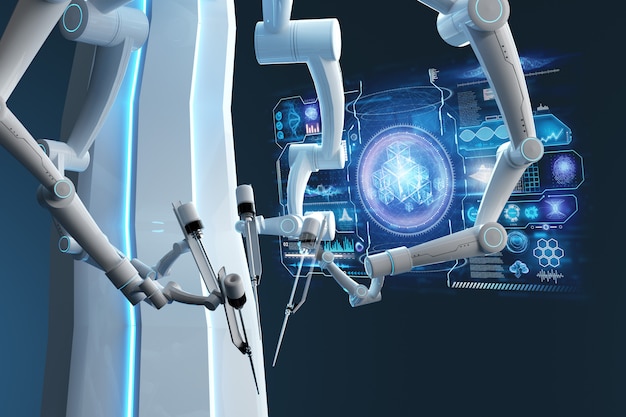
Today’s intelligent robots are completely altering the way of doing surgery. They are designed to perform complex surgical functions. Robots can also reduce the time of surgery.
Robots can perform cardiac, spine, orthopedic hip and knee replacement, neurology, cancerous tumor irradiation, and other significant surgeries. Robotic surgery is minimum invasive and offers 99.9% positive patient outcomes.
Explore more about USM’s AI & Machine learning apps in healthcare
AI and ML-based surgical tools can enhance the processing of medical records. Also, they can give self-reviews based on past surgical experience. Therefore, the use of robots optimizes the process of surgery and reduced errors that are may happen with physicians.
#3 Personalized Medicines
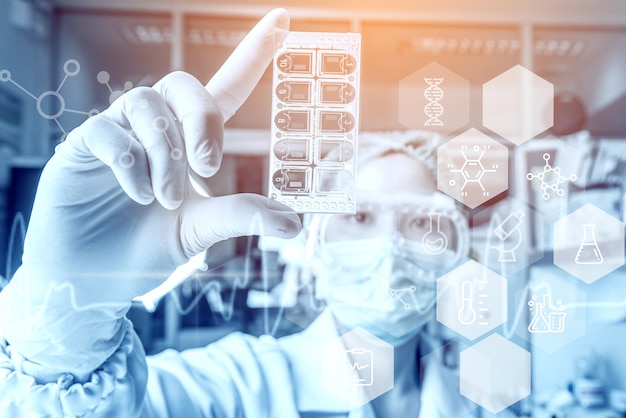
The current technology is restricted doctors to estimate the risk level of disease based on the patient’s previous medical history and genes. Using AI & ML, the researchers are finding new ways of developing further matured personalized medicine for various diseases.
Machine learning in medicine is shaking today’s healthcare sector. ML-machines can provide numerous treatment ways when they trained with the patients’ medical records. In the next coming years, we will surely observe the manifold of intelligent devices and sensors with infinite capabilities.
#4 Smart Health Records
The manual process of keeping healthcare records up-to-date is a bit complex procedure. Though technology is playing a significant part in enabling data set entry procedures, still, the process was very lazy and taking too much time to enter the training data.
Here, unsupervised learning comes into place. The major role of machine learning in healthcare is to make every process simple, complete the task in a very short span.
So, ML-based smart health records avoid manual errors and automatically update the patient’s health data. Thus, the updated learning from data is very much useful for doctors to provide treatment/medical suggestions to the patients.
#5 Research and Clinical Trials
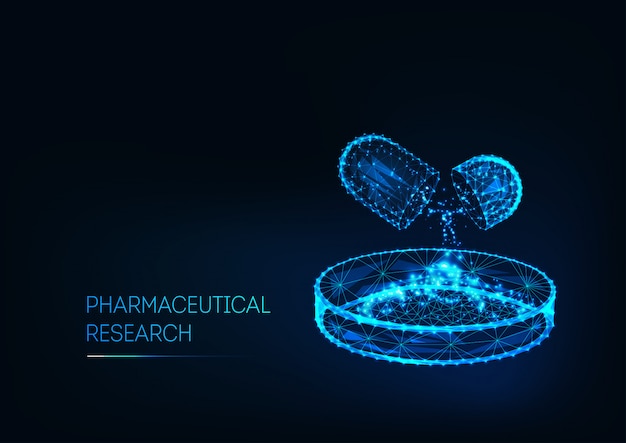
Machine learning has been widely using in medical research and clinical trials. Clinical trials of new drugs are cost-efficient, and take years to complete and get approvals from authorities.
Many pharmacy companies are now using ML-based predictive analytics for identifying latent clinical trial candidates. Machine learning models prefer electronic records to avoid unlabeled data-related errors.
#6 Improved Radiotherapy
One of the major use cases of machine learning in healthcare is in the radiology field. ML-driven algorithms can automatically learn from massive various samples to detect the patterns.
Using machine learning, the radiologist can easily categorize regular or irregular impressions in a medical image. This scenario helps to diagnose the disease level and provide proper treatment at the right time.
#7 Disease Predictions
The power of AI and ML technologies in healthcare is incredible. The government and private healthcare service providers are deploying AI & ML-based systems for many purposes.
Among other, ML and predictive analytics benefit healthcare providers to accurately predict a wide range of diseases from malaria to chronic and infectious diseases. This capability of ML helps for those markets that have no proper medical infrastructure for identifying such kind of diseases.
#8 Drug Discovery and Manufacturing
Drug discovery was a major clinical use case of machine learning. Next-generation sequencing and precision medicine technologies are also widely using in detecting multiple ways to provide therapies for various diseases.
The use of ML in drug discovery will help to reduce the cost of introducing new drugs to the market, and also make the drug discovery process faster.
#9 Crowdsourced Data Collection
Nowadays, crowd sourcing in the medical industries is all the rage, enabling practitioners and researchers to obtain high amounts of the data uploaded by individuals depending on their own consent. There are tremendous changes in the way medicine is perceived in these live health data.
Tech giant, IBM has recently associated with Medtronic to decipher, accumulate, and make available insulin and diabetes data depending on the crowd sourced information.
As progress is made in the Internet of Things (IoT), the healthcare sector is finding new ways to use this data and to address tough-diagnosis cases and the comprehensive development of diagnostics and drugs.
#10 Machine Learning-based Behavioral Modification
Behavioral modification is a significant part of preventive medication, and since machine learning usage has expanded in the healthcare industry, a large number of startups have been growing in areas such as cancer recognition and prevention, patient diagnosis and treatment, and more.
Somatics is a B2B2C based data analytics firm that has released an ML-based applications to identify gestures we make in our day to day lives, which allow us to understand our unconscious behavior and make necessary changes.
Wrapping Up
USM Business Systems has vast experience and best practices in using AI and its technologies, deliver high-level AI and ML solutions and mobile apps. We have achieved excellence in AI and ML, but further developments in intelligent technologies are needed in this society.
Our machine learning services for healthcare have helped many clients to save their time and costs. Our Machine learning solutions enabled our customers in uplifting their offerings for this modern world.
Gain the benefits of Machine Learning in Healthcare by partnering with USM
